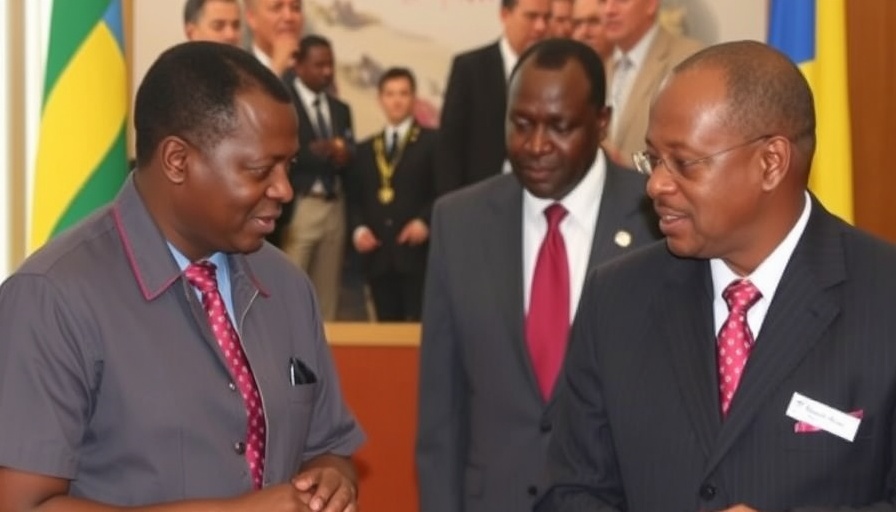
Understanding the Rwanda-DRC Peace Deal Dynamics
In a region fraught with political tension and historical grievances, the anticipated peace deal between Rwanda and the Democratic Republic of the Congo (DRC) signifies a crucial juncture. Both nations, situated at the heart of Africa, wrestle with longstanding distrust, exacerbated by issues of territorial claims, militia activities, and resource wealth. As businessmen, policymakers, and academics scrutinize the impending agreement, several sticking points emerge, poised to influence not only diplomatic relations but also the broader African economy.
Key Sticking Points in the Rwanda-DRC Negotiations
One of the most contentious issues remains the presence of armed groups operating in eastern DRC, notably the M23 rebel group. Its alleged backing by Rwanda complicates the peace discussions, as DRC calls for the cessation of support for these militias. This demand directly ties into national security considerations, further complicating Rwanda's role as it navigates its own security interests.
Another critical element involves the scrutinization of economic ties, particularly in the mining sectors, where valuable resources are extracted. The management of these resources and benefit-sharing has emerged as a focal point of concern. Business leaders have noted that unresolved issues surrounding resource allocation could hinder economic collaboration, impacting prospects for trade and investment.
The Broader Implications for African Diplomacy and Trade
The successful signing of the peace deal holds significant influence over Africa’s geopolitical landscape. A stabilized DRC can lead to strengthened regional cooperation, benefiting trade networks across the continent. Conversely, failure to address these sticking points may amplify instability, adversely impacting investment climates and hindering Africa’s budding economic aspirations.
As the international community closely monitors these developments, the potential ramifications extend beyond immediate bilateral relations. For investors and policymakers, understanding the ripple effects of the Rwanda-DRC negotiations is essential in navigating the complex tapestry of African governance and economic realities.
Future Prospects in the Journey of Peace
While peace deals often bring optimism, their implementation is rarely linear. Analysts contend that addressing the root causes of conflict, along with promoting transparency in resource management and trade, will be fundamental in ensuring sustainable peace. By investing in dialogue and cooperation, both nations can lay a foundation for a more prosperous and stable future within this critical region.
 Add Row
Add Row  Add
Add 


Write A Comment